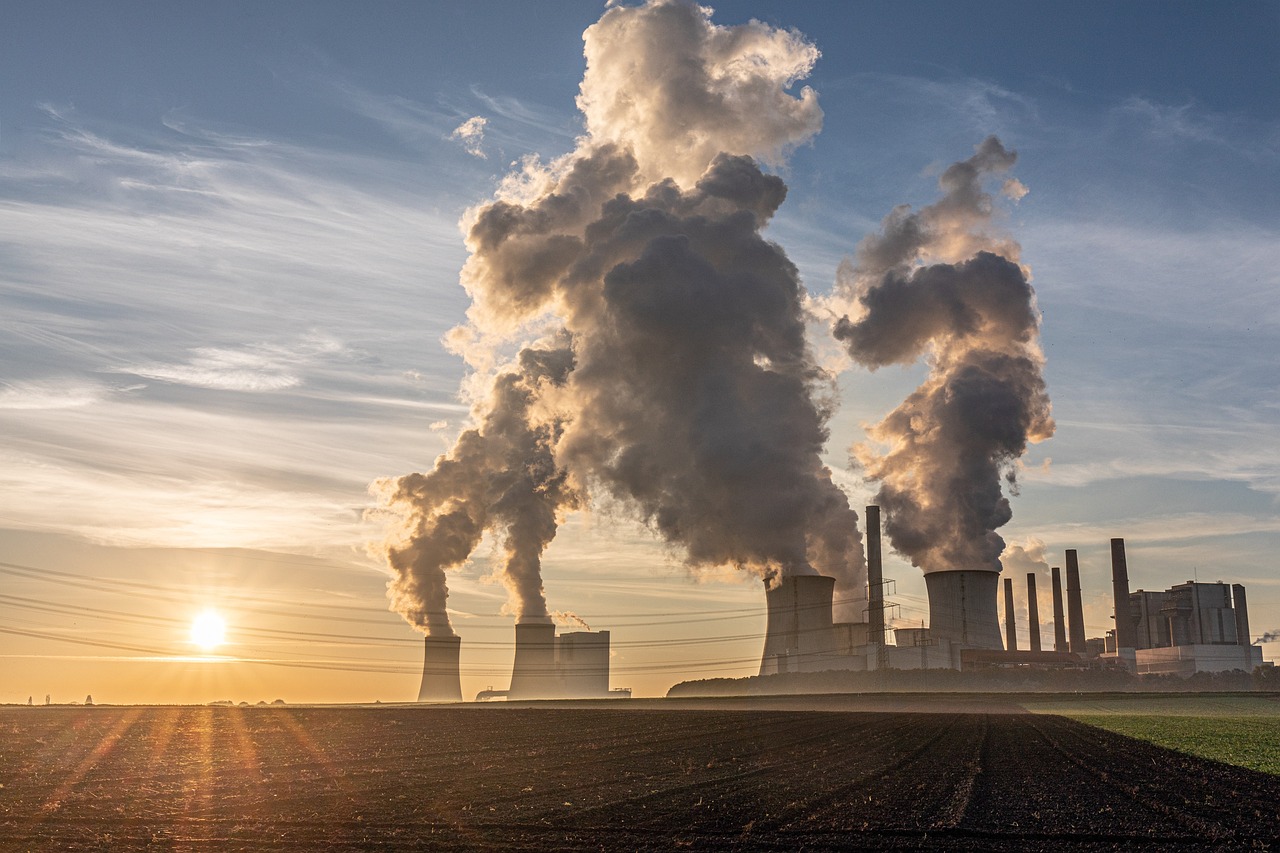The plant in Tiszaújváros will be built quickly, with high efficiency, low specific carbon dioxide emissions, and controllable output.Continue reading

A Hungarian company developing new methods for capturing and using carbon dioxide was featured on former President János Áder’s Blue Planet podcast. eChemicles would capture carbon dioxide at the point of industrial emissions.
Csaba Janáky, founder and co-owner of the company, explained that the reduction of carbon emissions and carbon capture is driven by regulations and penalties on the one hand, and the possibility of using carbon dioxide as a raw material on the other. When it is simply to avoid penalties, carbon dioxide is stored, for example underground, on the site of former natural gas fields. However, there are other, more sustainable methods as well.
A good example of the direct use of carbon dioxide is in the production of soft drinks, but it can also be used to produce carbon monoxide, which forms a synthesis gas with hydrogen, and is already a common feedstock for the chemical industry, for example to make synthetic fuels. All this is sustainable if it is produced with renewable energy,”
he emphasized.
János Áder, former President and chairman of the board of trustees of the Blue Planet Climate Foundation, said that carbon dioxide emissions have been increasing since the industrial revolution, mainly due to the use of fossil fuels and energy carriers.
As a consequence, temperatures and sea levels are rising worldwide, so it is important to reduce emissions and sequester carbon dioxide in the atmosphere.
Janáky noted that Hungary, as a member of the European Union, has committed itself to climate neutrality and net zero carbon emissions by 2050. There are simpler ways to achieve this, such as increasing energy efficiency and using renewable energy, but 20 to 30 percent of carbon emissions cannot be avoided by conventional methods. New, circular approaches are needed to capture and use the carbon dioxide released into the atmosphere from cement, plastics, steel production, or from maritime and aviation transport.
According to Ferenc Hódos, the company’s strategic director, almost everything is in place for Hungary to implement a carbon capture and storage pilot program at a realistic cost, and then the market-based ones can follow. If we act in time, we can gain a dominant European market position in the new industry.
Janáky mentioned that there are two ways of doing this, the simplest being to target concentrated emission points such as chimneys. In Hungary, this method is used at the Nitrogénművek Zrt., a nitrogen fertilizer producing company in Pétfürdő, western Hungary, or at Hungarian oil and gas company MOL’s plant in Százhalombatta, south of Budapest. The other option is to extract carbon dioxide from the air. There are 420 carbon dioxide molecules for every million molecules of air, which is a lot from a climate point of view, but not enough for “sorting,” he stated.
Via MTI, Featured photo via Pixabay